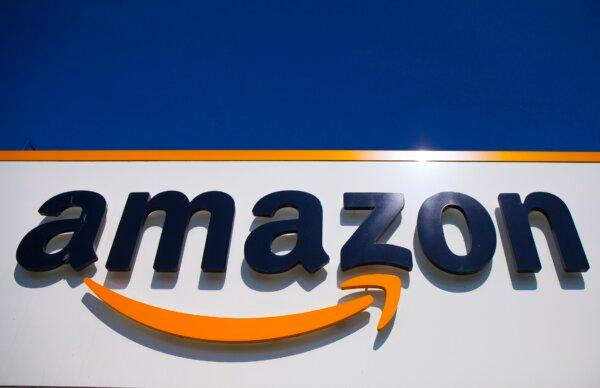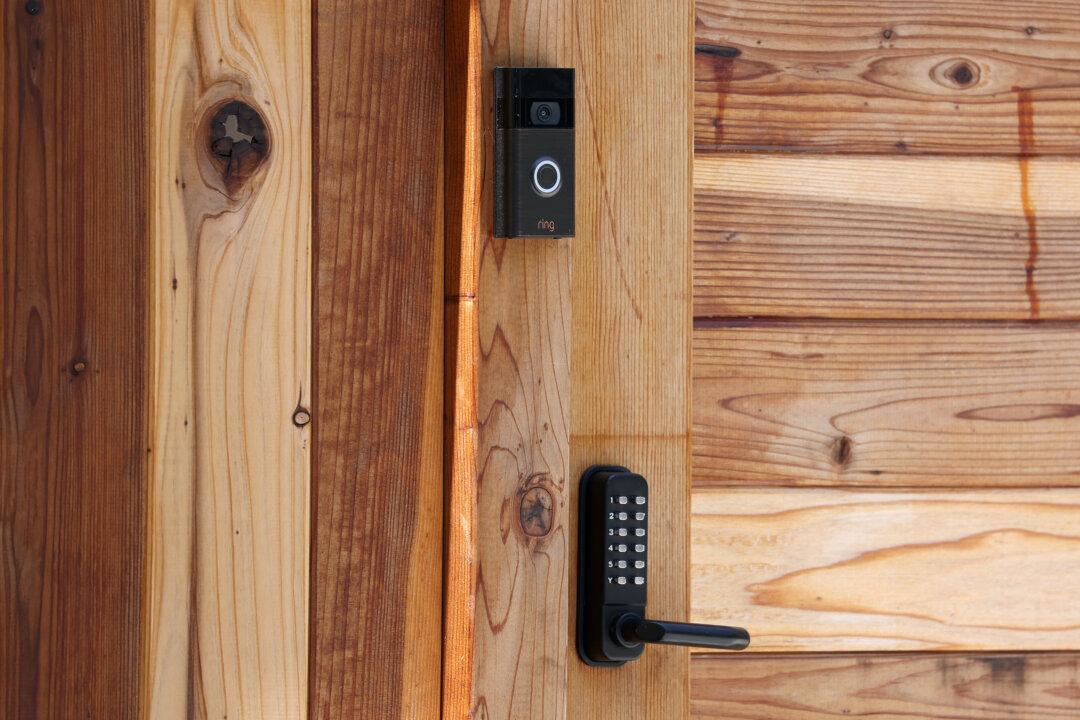The payouts come after the FTC settled with Amazon in June last year over alleged violations of the FTC Act (Section 5, 15 USC 45) that prohibits unfair or deceptive business practices.
The agency initially filed a lawsuit last year against the company, which purchased California-based Ring LLC in February 2018, but refunds are only just beginning to be sent out.
FTC Sues Amazon, Alleges Workers Watched Private Videos
Amazon’s Ring doorbell company was charged by the FTC with compromising its customers’ privacy by allowing employees and third-party contractors, including some based in Ukraine, to access consumers’ private videos, and use the videos to train algorithms without their consent.The company buried information claiming it had a right to use such recordings for “product improvement and development” as stipulated in its Terms of Service and Privacy Policy, the FTC alleged.
According to the lawsuit, violations included one employee allegedly watching thousands of video recordings belonging to one female customer who had purchased Ring cameras and placed them in “intimate” places across her home, including in her bedroom and bathroom.
In their lawsuit, the FTC said the employee was not prevented from watching the private video footage until another employee discovered the misconduct.
“Even after Ring imposed restrictions on who could access customers’ videos, the company wasn’t able to determine how many other employees inappropriately accessed private videos because Ring failed to implement basic measures to monitor and detect employees’ video access,” the FTC said.
The FTC further claimed Ring had failed to implement basic privacy and security protections to keep consumers safe from a multitude of hacking threats such as “credential stuffing,” whereby hackers obtain usernames and passwords from breached accounts and use them to gain access to other accounts.
That was despite warnings from employees and outside security researchers, the FTC alleged.
As a result of the lack of privacy and security protections, hackers were also able to take control of consumers’ accounts, cameras, and videos, the FTC said.
Who Is Eligible for a Refund?
Consumers who had a Ring account and certain types of Ring devices, such as a Ring “Stick Up Cam,” and “Indoor Cam” before Feb. 1, 2018, are eligible for a refund, according to a court order.
How Will I Get My Money Back?
The payments will be sent to consumers via PayPal and consumers should redeem them within 30 days, the FTC said.According to The New York Times, consumers eligible for the refund should receive an email from the FTC from the email address: [email protected].
They can also email their requests to [email protected].
The FTC noted it will never require individuals to pay a fee or provide account information in order to receive a refund.
What Is Ring Saying?
In a statement to The Associated Press, Ring said “bad actors” had taken emails and passwords that were “stolen from other companies to unlawfully log into Ring accounts of certain customers.”The home security camera company added that it had swiftly addressed the security breach by notifying all customers “exposed in a third-party, non-Ring incident” and bolstering security for the impacted accounts.
Ring did not immediately address the FTC’s allegations that employees and contractors unlawfully accessed consumers’s private video footage.
Meanwhile, Amazon has said that it disagreed with the FTC’s claims.
Along with reaching a settlement with the FTC over its Ring division, Amazon also agreed to pay the agency $25 million to settle charges that it violated the Children’s Online Privacy Protection Act Rule (COPPA Rule) and “deceived” parents and users of the Alexa voice assistant service with regards to its data deletion practices.
In a statement to The Epoch Times last year, an Amazon spokesperson said the company disagrees with the FTC’s claims regarding the Alexa virtual assistant technology and denied violating the law.







